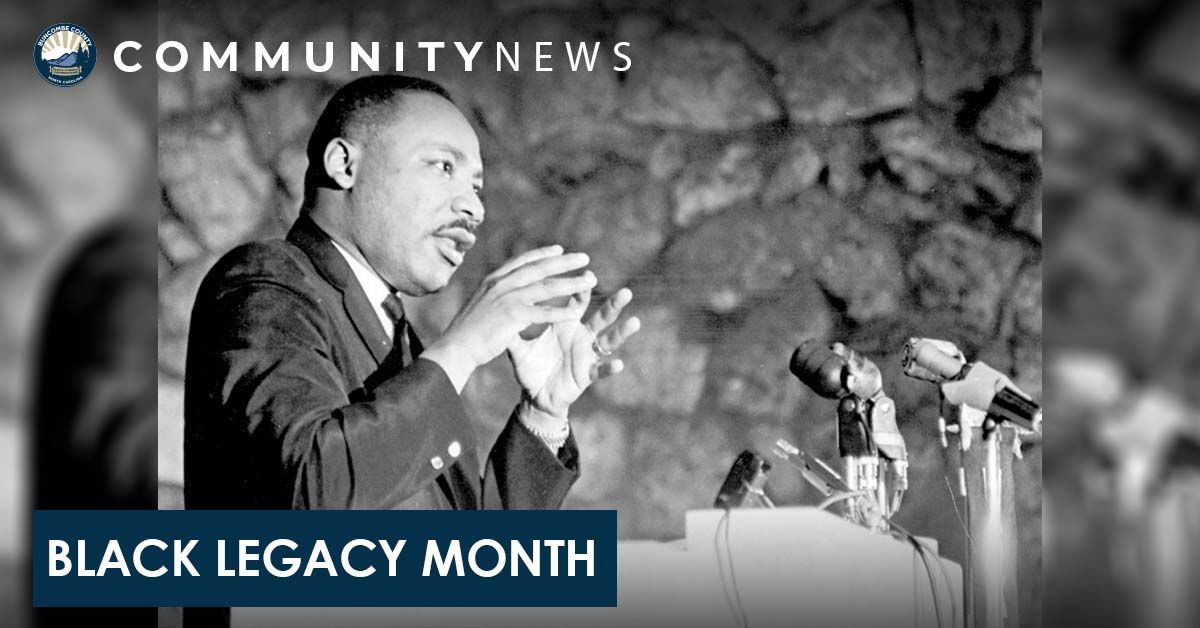
Photo courtesy of the Presbyterian Heritage Center, Montreat
- Honor Dr. Martin Luther King Jr.'s legacy through equity and inclusive practices.
- Talk about Dr. King's lesser-known quotes emphasizing justice and equality.
- Highlight the contributions of other Black Americans in the pursuit of equity and inclusion.
Dr. Martin Luther King Jr.'s legacy endures as a beacon of justice, equality, and inclusivity. His advocacy for civil rights and his resolute stance against injustice left an indelible mark on history. Among his lesser-known quotes, Dr. King once said, "Injustice anywhere is a threat to justice everywhere." This statement encapsulates his unwavering dedication to fairness and equality, underscoring the interconnectedness of humanity's struggles for justice.
In continuing Dr. King's legacy, numerous Black leaders have championed equity and inclusion. Figures like Shirley Chisholm, the first Black woman elected to Congress, and Bayard Rustin, a key organizer of the March on Washington, made substantial contributions. Their efforts echo Dr. King's sentiments, resonating with his belief that "Our lives begin to end the day we become silent about things that matter."
Today, in honoring Dr. King's vision, a focus on equity and inclusion remains pivotal. Leaders across various domains echo his calls for justice. Notably, Bryan Stevenson, founder of the Equal Justice Initiative, advocates for fair treatment within the criminal justice system. Likewise, Kimberlé Crenshaw's work on intersectionality sheds light on the complexities faced by marginalized groups.
On August 21, 1965 Dr. King addressed an audience of nearly 3,000 people attending the Presbyterian Church’s annual Christian Action Conference located at Montreat College. That day Dr. King did his historic speech titled The Church on the Frontier of Racial Tension. Dr. King discussed social and economic inequalities, the immorality of segregation, and the power of nonviolence. Dr. King reminded the church that it is their duty to serve everyone.
As we navigate the contemporary landscape, Dr. King's legacy propels us to embrace equity and inclusivity. His words reverberate through time, guiding us to dismantle barriers and foster a society founded on justice and equal opportunities for all.
Dr. King had an amazing way of motivating marginalized communities to continue to work towards demolishing systematic racism, improve their lifestyles, and to strive for excellence. On Oct. 26, 1967, Dr. King suggested that students at Barratt Junior High School in Philadelphia develop a good sound and solid life blue print. Dr. King's suggestions state that the number one Life Blueprint should be a deep belief in your own dignity, your own worth, and your own somebodyness. Do not allow anybody to make you feel that you are nobody. Always feel that you count, always feel that you have worth, and always feel that your life has ultimate significance.
Citations: